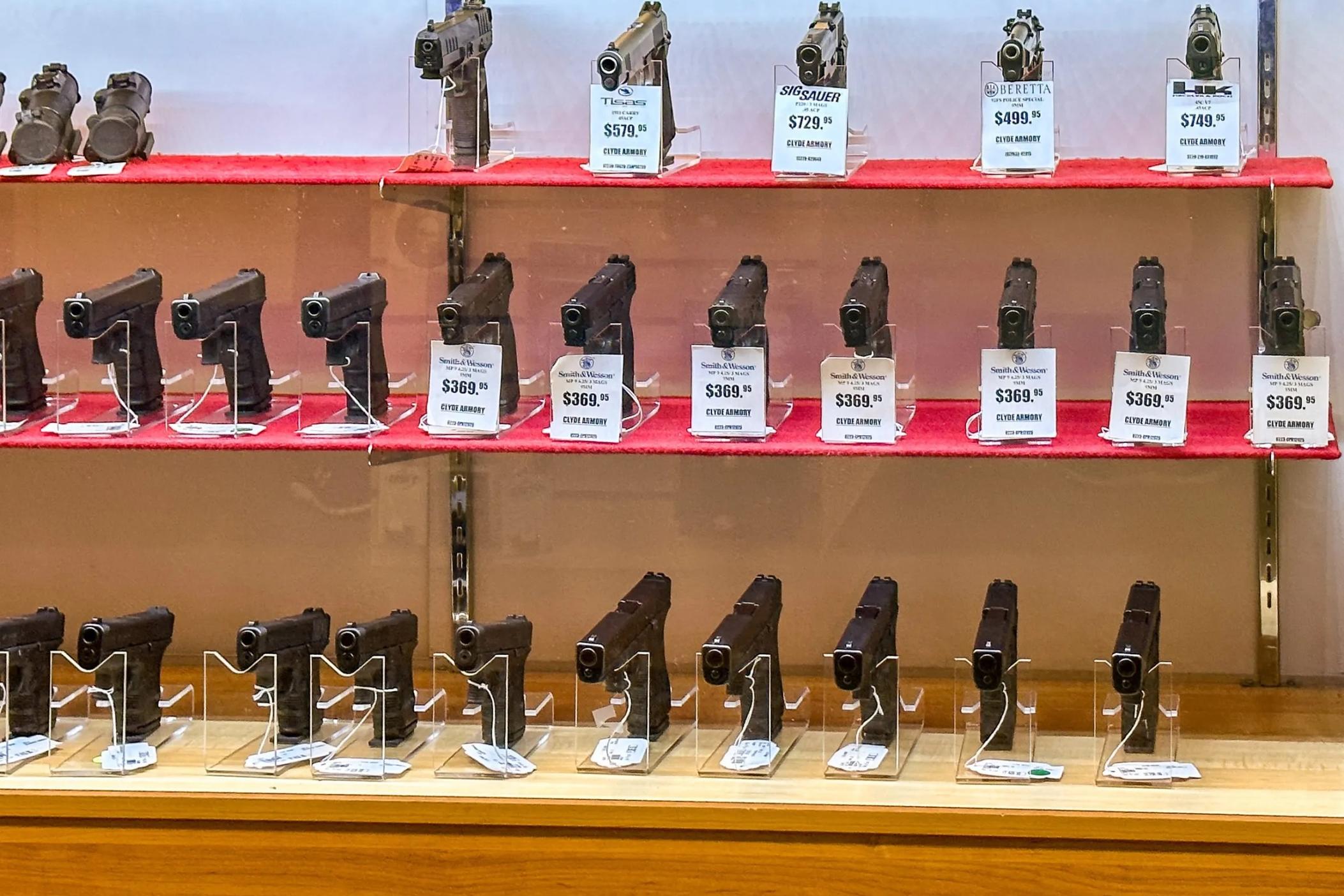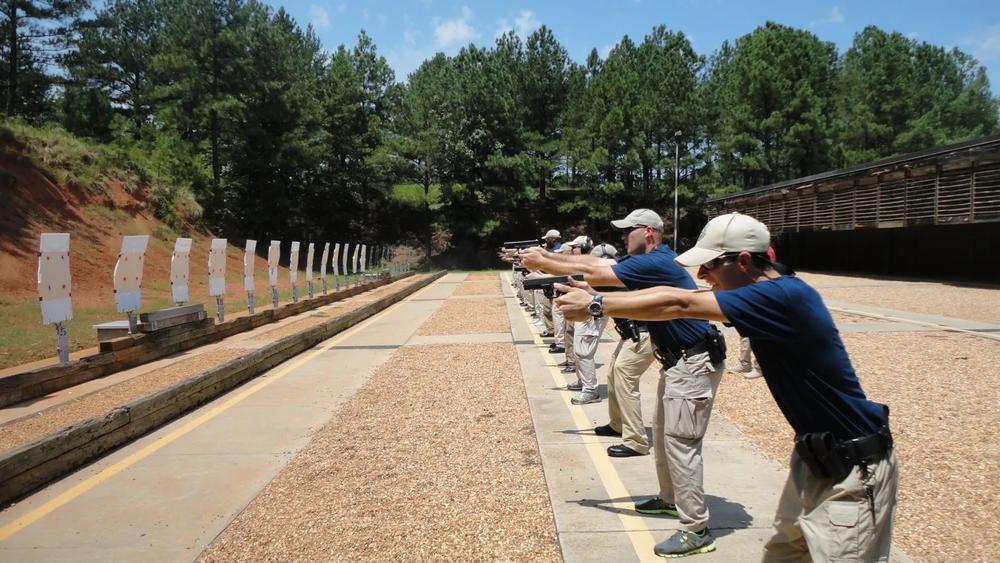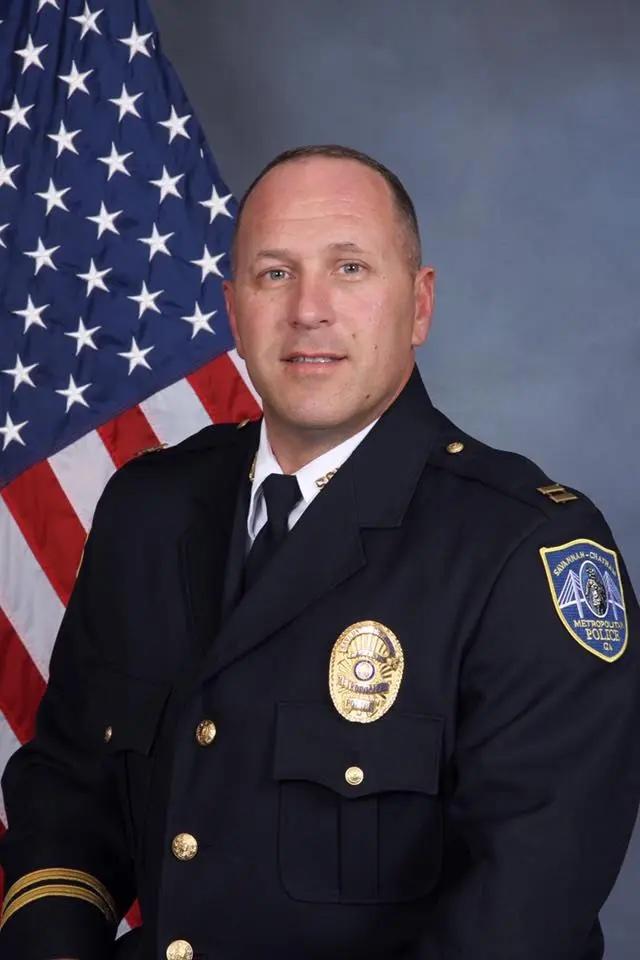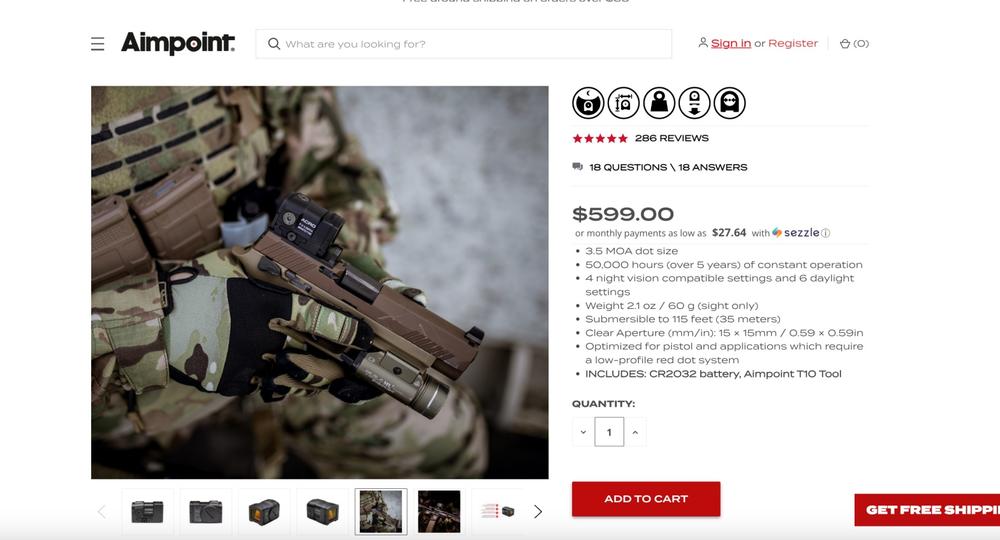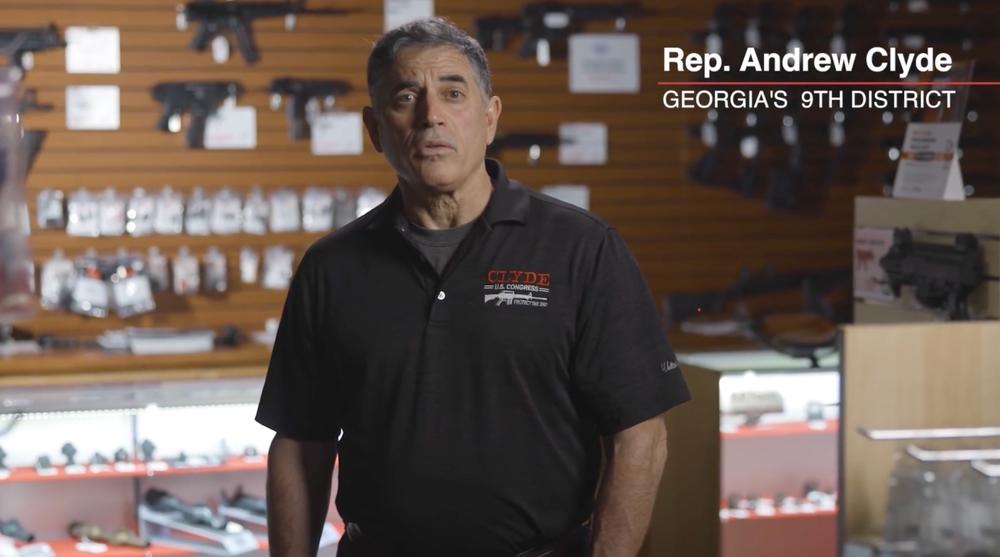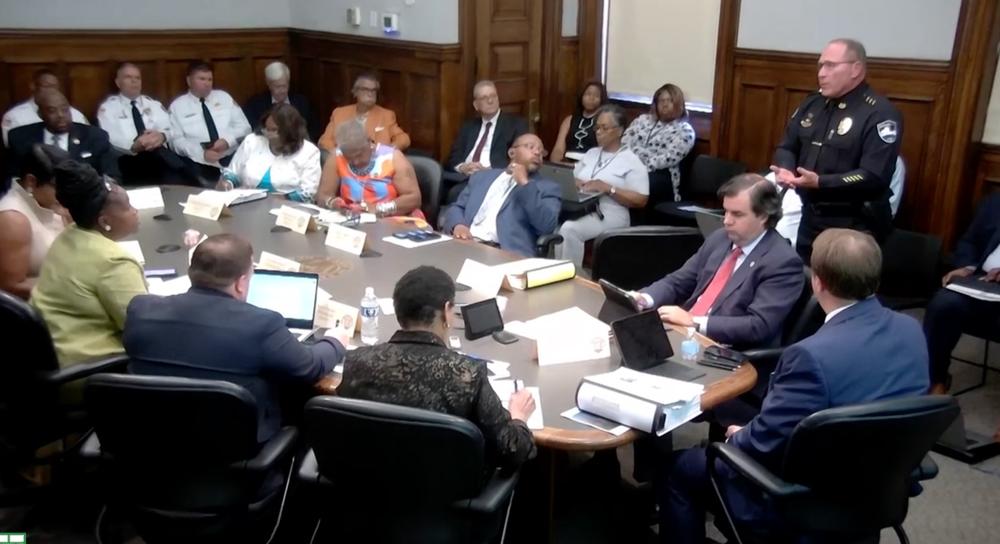
Caption
At a council meeting July 27, 2023, Alderwoman Alicia Blakely asks Asst. Chief Robert Gavin what will happen to SPD’s 500 old Glock pistols in new deal. Gavin states they will return to Glock, Inc. but won’t elaborate where they end up after that.
Credit: Screenshot
